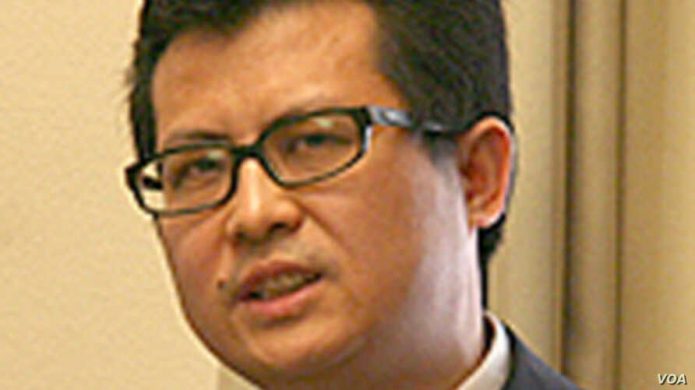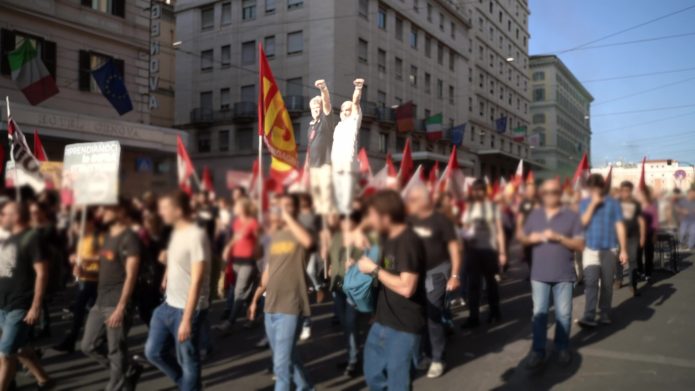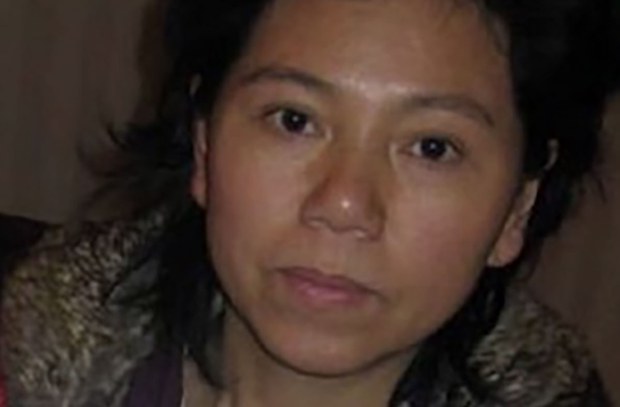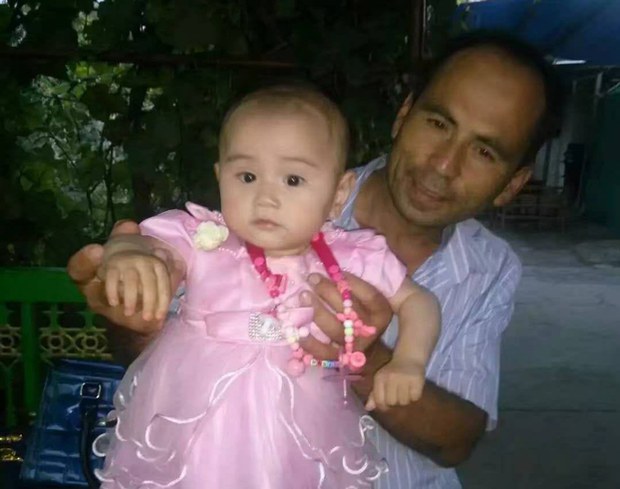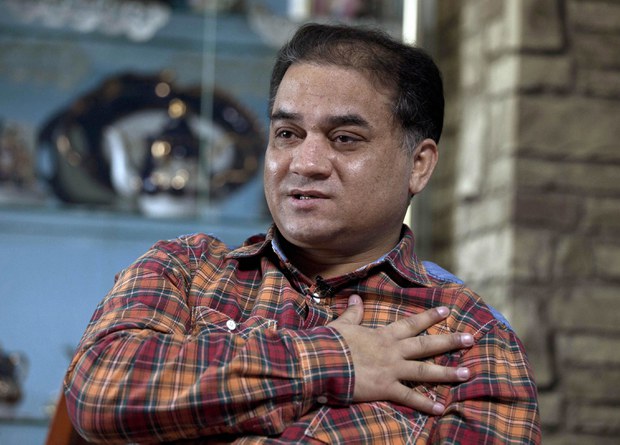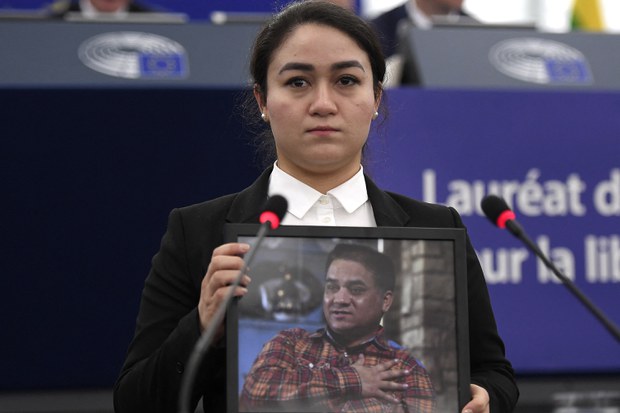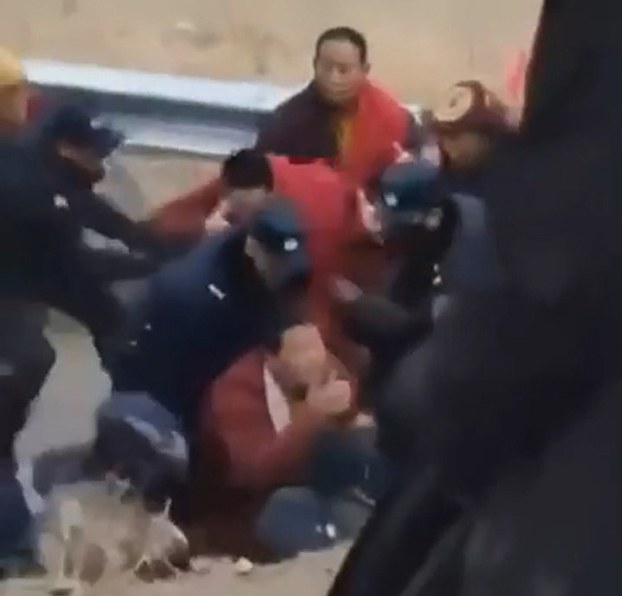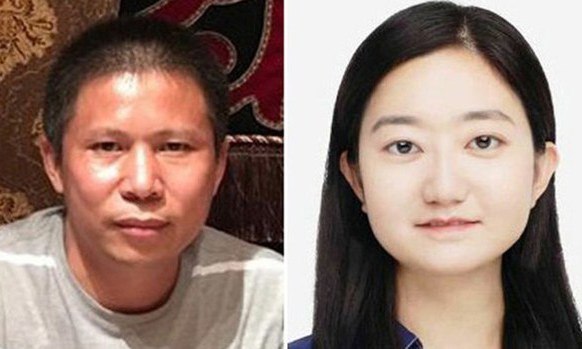Reporting only “good news” about the negative has become the CCP’s go-to tool to hide the truth and falsify reality. Be it natural disasters or coronavirus outbreak.
by Bai Lin
As torrential rains and floods were devastating southern China in early July, killing and displacing residents, harmony and calm reigned in the CCP-run media. Most reports on the current news in these outlets were driven by “positive energy”—a concept that has become popular in the CCP’s circles since President Xi Jinping began using it domestically and internationally. In sharp contrast to reports, photos, and videos of pain and suffering on social media. Once again, the regime used “positive energy” to manipulate public opinion.
There are abundant examples of such manipulations. On May 11, after heavy rains blocked the entrance to a subway station in Zhujiang New Town, the business district in Guangdong Province’s capital Guangzhou, the local official media concentrated on reporting about the district’s modernity and beauty, not the problems people encountered because of the rain.
News reports based on the “positive energy” concept have been, and continue to be, used by CCP’s mouthpieces when informing about the coronavirus outbreak, aimed at indoctrinating people with patriotism.
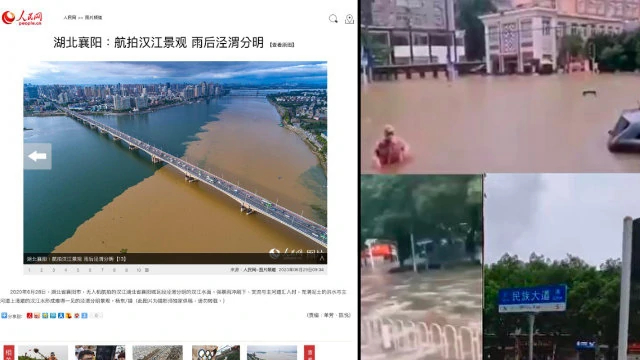
Reports on “zero new confirmed COVID-2019” cases have been the most popular “positive energy” news since February. The state-run media hailed the government for taking the outbreak under control, boasting that people are ready to return to work across China.
In February, a local media outlet in the eastern province of Shandong reported about a coronavirus patient discharged from a hospital, as medical workers see him off happily. However, a government source familiar with the situation told Bitter Winter that the patient in the footage is a local government employee who was never infected. “The government assigned this propaganda task and ordered to keep this secret,” the source explained. “The employee didn’t want to play the role but had to agree after his promotion opportunities were threatened.”
The construction of makeshift hospitals in Wuhan from prefabricated materials in record times has created a buzz across the world and has also been used by the CCP for propaganda purposes. State media repeatedly reported about the “positive energy” in these hospitals, as medical workers and visitors danced and sang patriotic songs, praising the government for its “wise decisions.”
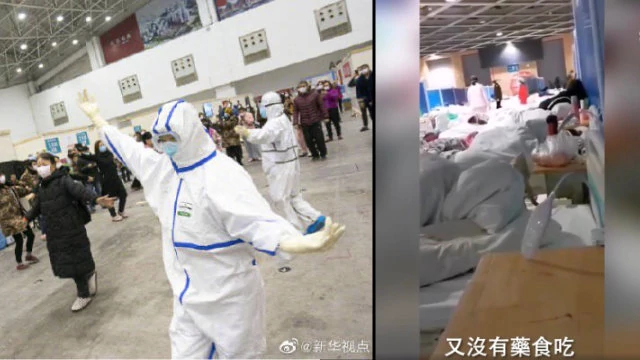
A patient in one of the makeshift hospitals told Bitter Winter that a TV crew came to the hospital on February 27 to make a report about cases of CCP members contracting the virus while working to contain it. But when patients started complaining about insufficient measures the government undertakes to prevent the coronavirus outbreak, they left.
“Some people wanted to tell the reporters about their families’ precarious situation, ask for help, or express their frustration that it was impossible to get through to the city’s coronavirus hotline,” the patient said. “This was not what the reporters wanted.” According to him, some patients told the reporters that government officials and the media “did not care about peoples’ lives.” “They told the reporters to their faces that they ‘talked the talk but did not walk the walk’—they didn’t want to share the news unfavorable to the Party,” the source added.
In February, a mayor of a Shandong Province city, accompanied by a TV crew, went to a hospital to express appreciation to its staff. According to a source in the hospital, medical workers were selected for interviews in advance. They were told to praise the government’s achievements in defeating the epidemic and thank its leaders for assistance, which has made everyone “very happy.”
“No patients were allowed to be interviewed, fearing that they would say something that shouldn’t be said,” the source explained. “The mayor merely posed a few questions to the medical staff surrounding him, without paying any notice to patients. The subsequent report was about peace and prosperity and how our leaders are close to the people. Such reports are all fake; none of them represent reality.”
In May, a local TV in Shandong’s Zibo city filmed an episode about a village Party secretary disinfecting public areas and doors of villagers’ homes and later distributing vegetables to residents. “I’ll send you more when you finish these,” the secretary says kindly to the camera.
As it turned out, according to one of the TV crew members, the disinfectant was plain water, and the CCP secretary never distributed any vegetables to suffering villagers. Apparently, this was just another sham to fool and distract people from real-life problems with “positive energy.”
Source: Bitter Winter



